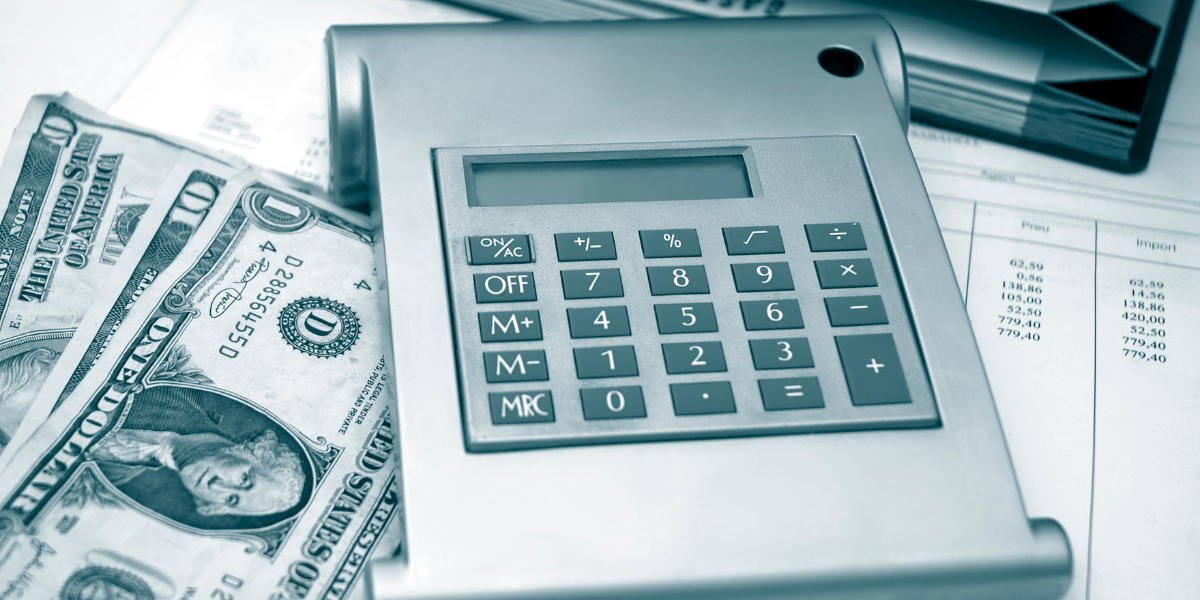Islamic home financing, also known as Sharia-compliant financing, offers a way for Muslims to purchase homes without engaging in practices prohibited by Islamic law, such as paying or receiving interest (riba). Understanding how Islamic home financing works can help you make informed decisions while adhering to your faith. This article explores the principles behind Islamic home financing, its various models, and how it benefits both buyers and the community. We also highlight how Meraj Islamic Finance can assist you in achieving your homeownership goals.
1. Principles of Islamic Finance
Islamic finance operates on principles derived from Sharia law, which governs not only religious practices but also financial transactions. The core principle is the prohibition of riba, or interest, which is considered exploitative. Instead, Islamic finance emphasizes risk-sharing, ethical investments, and fairness in transactions.
Key principles include:
- Prohibition of Riba (Interest): Charging or paying interest is strictly forbidden.
- Risk Sharing: Both parties in a financial transaction should share the risks and rewards.
- Ethical Investment: Investments must be in halal (permissible) activities and must avoid haram (forbidden) industries like alcohol or gambling.
- Asset-Backed Financing: Transactions must be backed by tangible assets or services, ensuring that they have real economic value.
2. Popular Models of Islamic Home Financing
Islamic home financing is implemented through various models that comply with Sharia law.The most common ones include:
- Murabaha (Cost-Plus Financing): In this model, the bank buys the property and sells it to the customer at a profit margin. The customer pays the bank in installments over an agreed period. The profit margin replaces the interest found in conventional loans, making it Sharia-compliant.
- Musharaka (Partnership): This model involves joint ownership of the property between the buyer and the bank. The buyer gradually buys the bank’s share over time, and with each payment, their ownership percentage increases until they fully own the property.
- Ijara (Leasing): Under Ijara, the bank buys the property and leases it to the customer. The customer pays rent, which includes the bank’s profit. At the end of the lease period, the customer has the option to purchase the property.
- Diminishing Musharaka: Similar to Musharaka, but the customer’s share increases over time while the bank’s share diminishes, reflecting the ongoing payments made by the customer.

3. How Murabaha Works in Practice
Murabaha is one of the simplest and most widely used Islamic financing methods. Here’s how it typically works:
- Property Selection: The customer selects a property and negotiates the price with the seller.
- Bank Purchase: The bank agrees to buy the property on behalf of the customer at the negotiated price.
- Resale Agreement: The bank then sells the property to the customer at a pre-agreed profit margin. The customer knows the cost and profit margin upfront.
- Installment Payments: The customer pays the bank in fixed installments over an agreed period, with no interest charged.
This model is straightforward, transparent, and provides customers with clear financial obligations.
4. Musharaka and Its Benefits
Musharaka offers a unique advantage of partnership between the buyer and the bank. The buyer and bank jointly purchase the property, with the buyer making gradual payments to increase their share.
- Joint Ownership: Both the buyer and bank own the property in shares.
- Flexibility: The buyer has the flexibility to buy out the bank’s share at their own pace.
- Shared Risk: The risk is shared between the bank and the buyer, ensuring that neither party bears the full burden.
Musharaka aligns with the Islamic principle of risk-sharing and is particularly beneficial in uncertain financial conditions.
5. Advantages of Islamic Home Financing
Islamic home financing offers several benefits compared to conventional home loans:
- Sharia Compliance: Ensures that the transaction adheres to Islamic principles, avoiding interest and unethical investments.
- Ethical Transactions: Focuses on fairness, transparency, and ethical practices, which can foster trust and peace of mind.
- Risk Sharing: Reduces the financial burden on the buyer as risks are shared with the bank.
- Community Impact: Encourages investment in the community by focusing on real assets and avoiding speculative practices.
6. How to Apply for Islamic Home Financing
Applying for Islamic home financing involves a few steps, which can vary depending on the provider:
- Choose a Provider: Select a bank or financial institution that offers Islamic home financing products.
- Evaluate Your Options: Compare different models (Murabaha, Musharaka, Ijara) to determine which one suits your needs.
- Submit an Application: Provide necessary documentation, including proof of income, property details, and identity verification.
- Approval Process: The bank will assess your application and, if approved, proceed with the purchase of the property on your behalf.
- Sign Agreements: Once terms are agreed upon, you’ll sign the financing agreements and start making payments.

7. Why Choose Meraj Islamic Finance?
Meraj Islamic Finance is a leading provider of Sharia-compliant financial solutions. With a commitment to ethical and transparent practices, Meraj Islamic Finance offers a range of products tailored to meet your home financing needs while adhering to Islamic principles.
- Customized Solutions: Whether you prefer Murabaha, Musharaka, or Ijara, Meraj Islamic Finance provides options that fit your financial situation.
- Expert Guidance: Our team of experts is well-versed in Islamic finance and can guide you through the process, ensuring that you make informed decisions.
- Community Focus: We invest in the community and prioritize ethical investments, ensuring that your money is used in ways that align with your values.
FAQs About Islamic Home Financing
Q1: Is Islamic home financing more expensive than conventional loans?
A: Islamic home financing can sometimes appear more expensive due to the profit margin added by the bank, but it is important to consider the ethical and religious aspects. The absence of interest and the transparency of the transaction often make it a preferred choice for Muslims.
Q2: Can non-Muslims apply for Islamic home financing?
A: Yes, Islamic home financing is available to anyone interested in Sharia-compliant financial products. The ethical and transparent nature of these products appeals to a diverse range of customers.
Q3: How does Islamic financing differ from a traditional mortgage?
A: Unlike traditional mortgages, Islamic financing avoids interest and involves risk-sharing between the bank and the customer. The financing models are structured to comply with Islamic law, ensuring that the transactions are fair and ethical.
Q4: What happens if I miss a payment?
A: The consequences of missing a payment depend on the terms of the financing agreement. Islamic banks typically work with customers to find a solution that avoids hardship, reflecting the principle of fairness in Islamic finance.
Q5: Is Islamic home financing available worldwide?
A: Islamic home financing is available in many countries, particularly in regions with significant Muslim populations. However, availability may vary depending on local regulations and the presence of Islamic financial institutions.
Q6: Can I refinance an Islamic home finance agreement?
A: Yes, refinancing is possible, but it must be done in a way that complies with Sharia law. It’s essential to consult with your Islamic finance provider to explore your options.
Q7: How do I know if a financing product is truly Sharia-compliant?
A: Look for certification from reputable Islamic scholars or Sharia boards that verify the product’s compliance with Islamic law. Reputable institutions like Meraj Islamic Finance ensure that their products are fully compliant.
By understanding how Islamic home financing works, you can make informed decisions that align with your faith and financial goals. Whether you’re looking to purchase your first home or refinance an existing property, Islamic home financing offers a range of ethical and transparent options. Reach out to Meraj Islamic Finance today to explore your possibilities.





